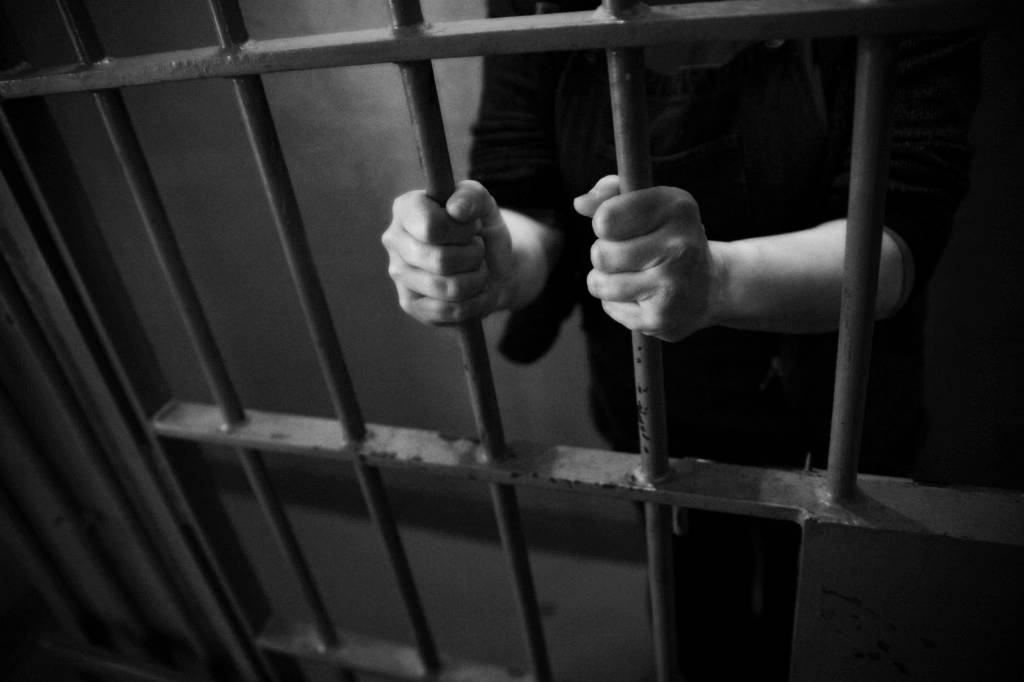C-51 Shades of May: How one word made all Canadians guilty of terrorism

By Anonymous Author
“Someone must have slandered Josef K., for one morning, without having done anything truly wrong, he was arrested,” reads the opening line of Franz Kafka’s The Trial.
Are many Canadians about to share Josef K’s fate if Harper Government’s anti-terrorism bill becomes law?
The answer lies in one word: may.
Under Bill C-51, a law enforcement agent can preemptively arrest an individual if the agent believes that a terrorist activity may be carried out.
This is a lowering of the threshold for such preventative detention from the current law that requires the agent to believe that a terrorist activity will be carried out
“‘Will’, when coupled with ‘reasonable grounds to believe,’ denotes evidence-based probability, whereas ‘may’ denotes mere possibility.” Clayton C. Ruby and Nader R. Hasan, two prominent lawyers, point out.
I believe that I may win the lottery tomorrow. Should I quit my job today?
If I were to ask you that question, you will most likely tell me not to jeopardize my future based on mere speculation.
Yet, the Conservative’s draconian anti-terror law allows the government to lock up Canadian citizens on pure conjecture, without a shred of evidence.
It’s well known how our spy agency CSIS was monitoring the activities of the First Nations activists “Idle No More” non-violent movement.
We now know that the RCMP views “peaceful activists” opposed to the oil industry as threats to national security.
Since any interference with Canada’s infrastructure or economic activity is defined as terrorism, the government can claim that it believes that every aboriginal person and environmentalist may carry out an act of terrorism by protesting against a pipe-line.
Kinder Morgan would not need a court injunction to drill Burnaby Mountain the next time around. A simple complaint lodged with the Burnaby RCMP would be sufficient for the authorities to round up all opponents of the pipeline in the area.
What’s more troubling is that once placed in custody on the suspicion of preterrorism, not only is the onus on the accused to prove their innocence, they would also be required to prove that the law enforcement officer acted “unreasonably” in arresting them.
That would be no mean feat as Bill C-51 provides for trials to be carried out in secrecy, with the accused and their lawyers having no access to what the government has presented to the judge.
Thus, the only way to get out jail once the government suspects that you may carry out an act of terrorism will be to prove that the authorities are acting unreasonably without having a clue as to how they based their judgement.
“I see, these books are probably law books, and it is an essential part of the justice dispensed here that you should be condemned not only in innocence but also in ignorance,” observes Josef K in The Trial.
But if Harper has his way, Canada will become a place that even Kafka could not have imagined.



